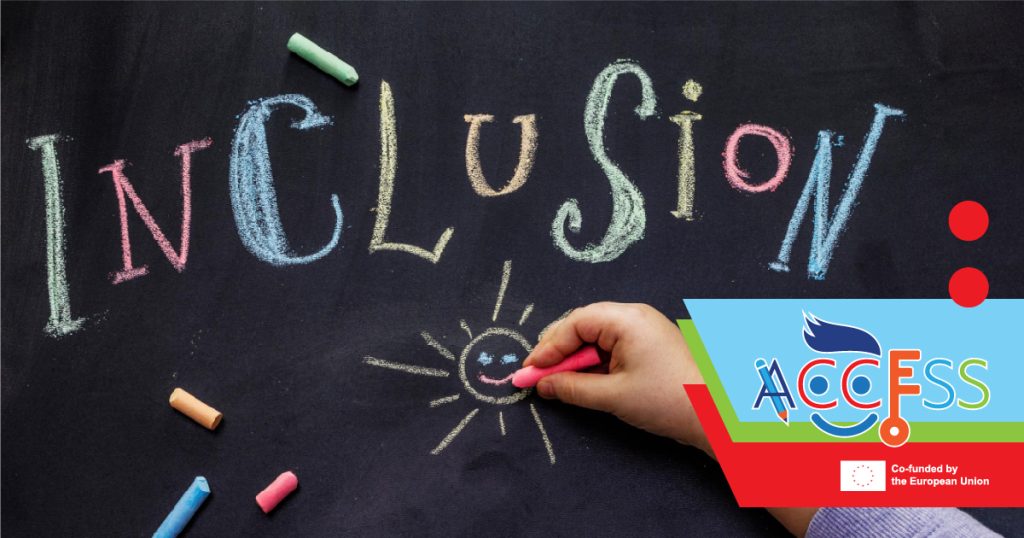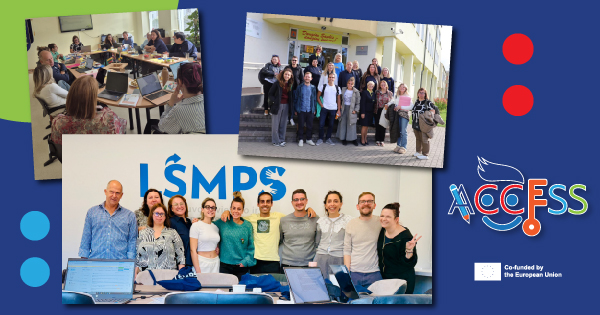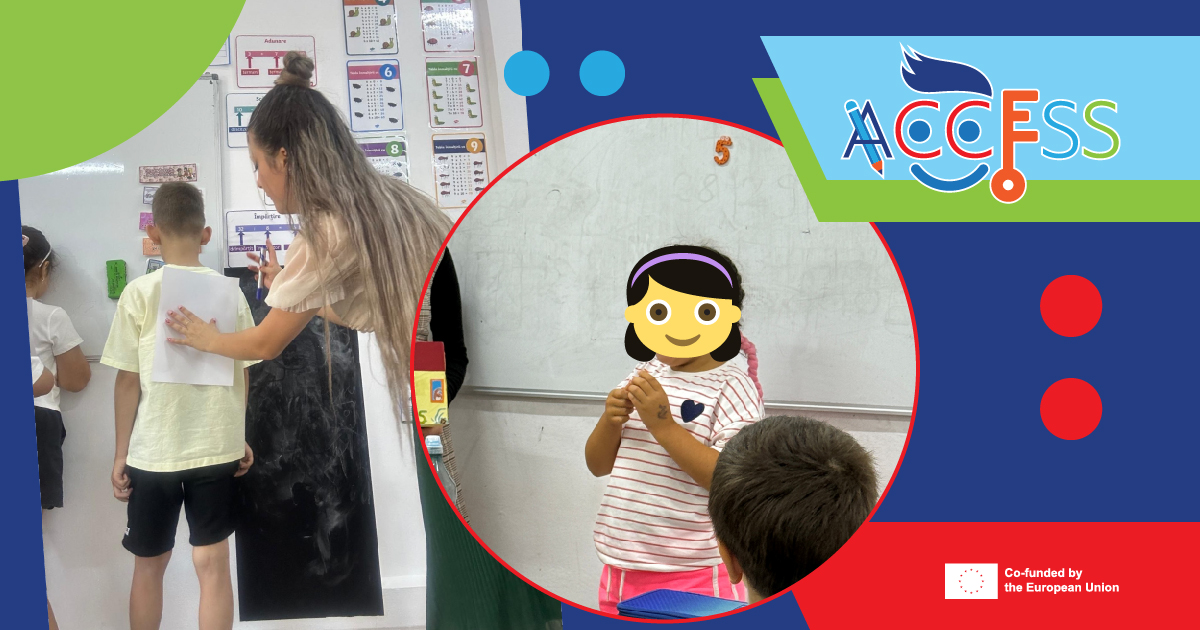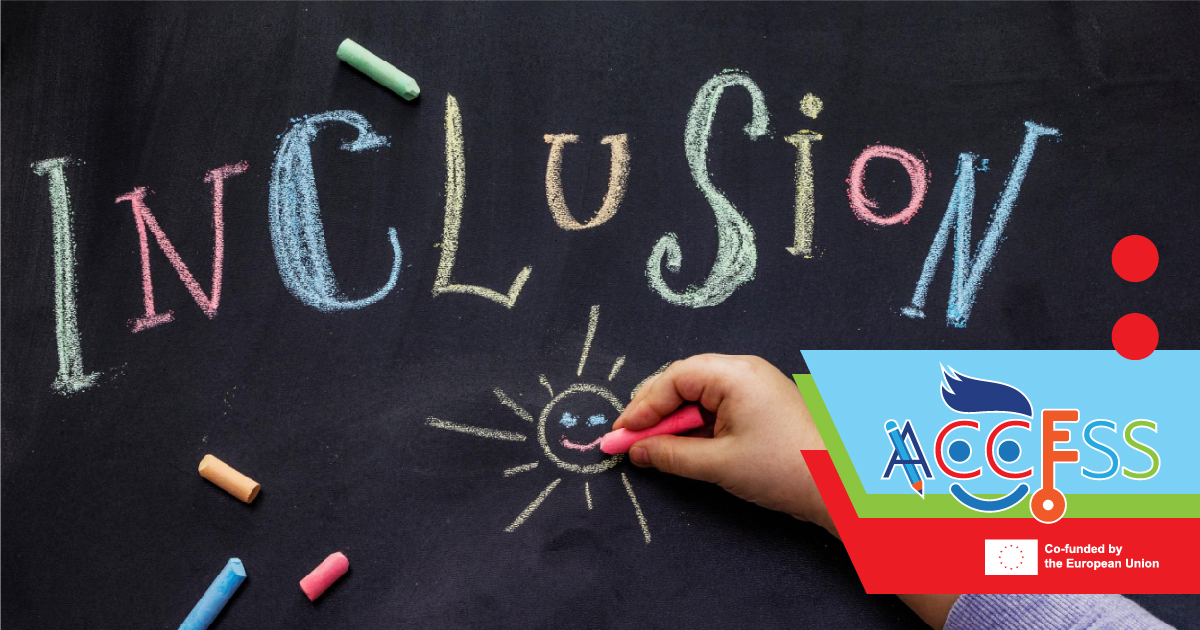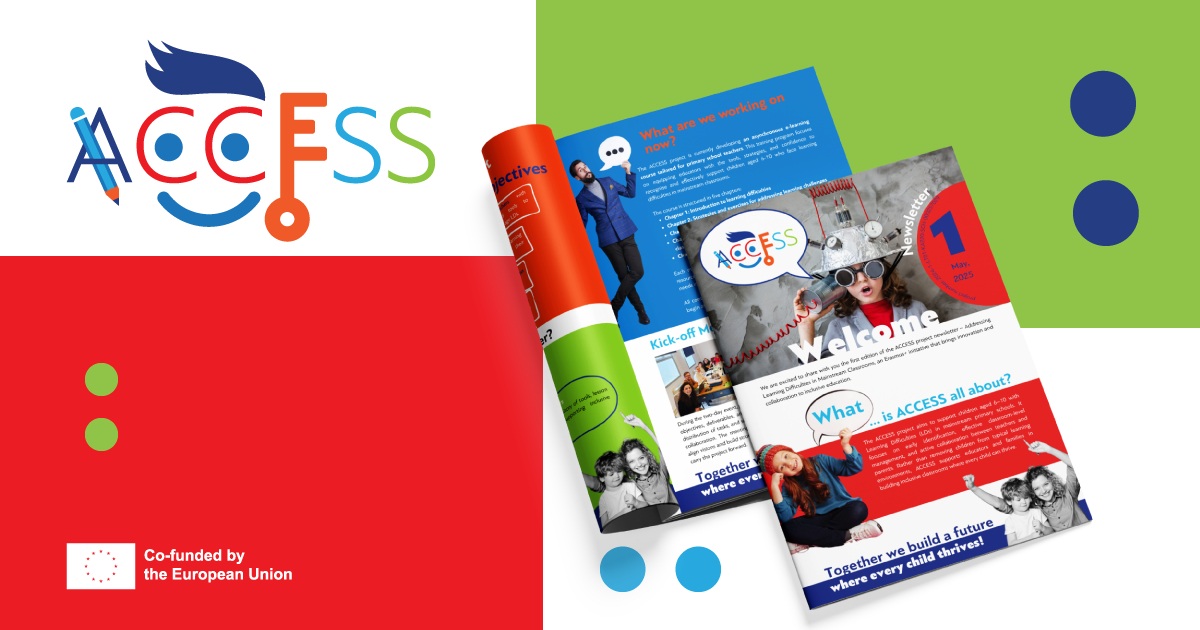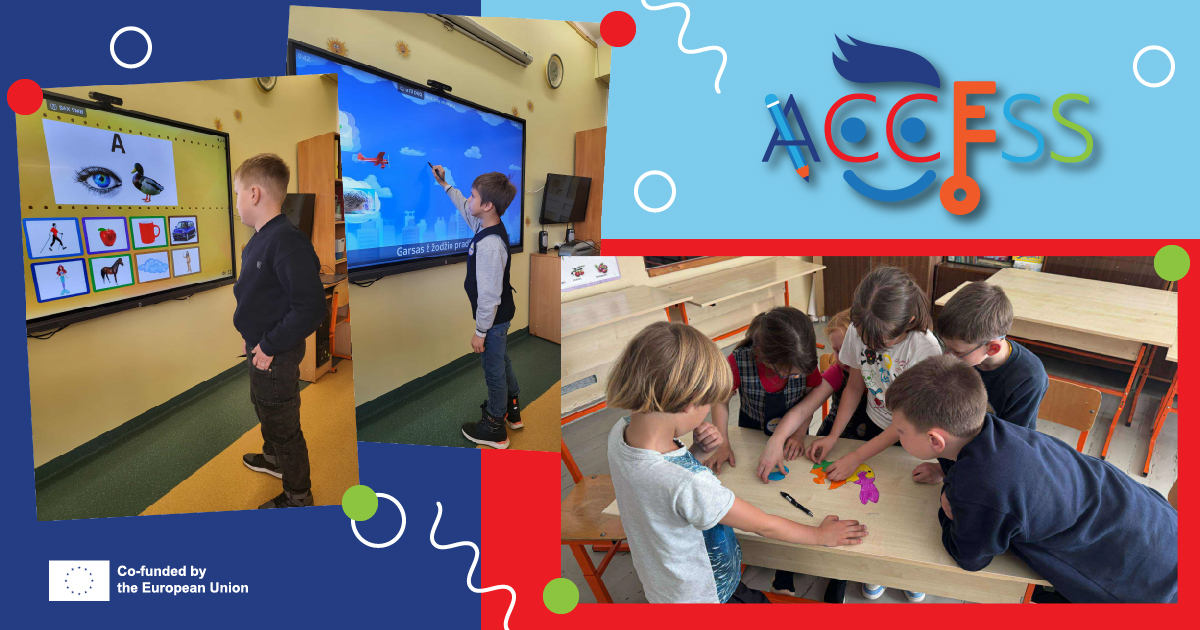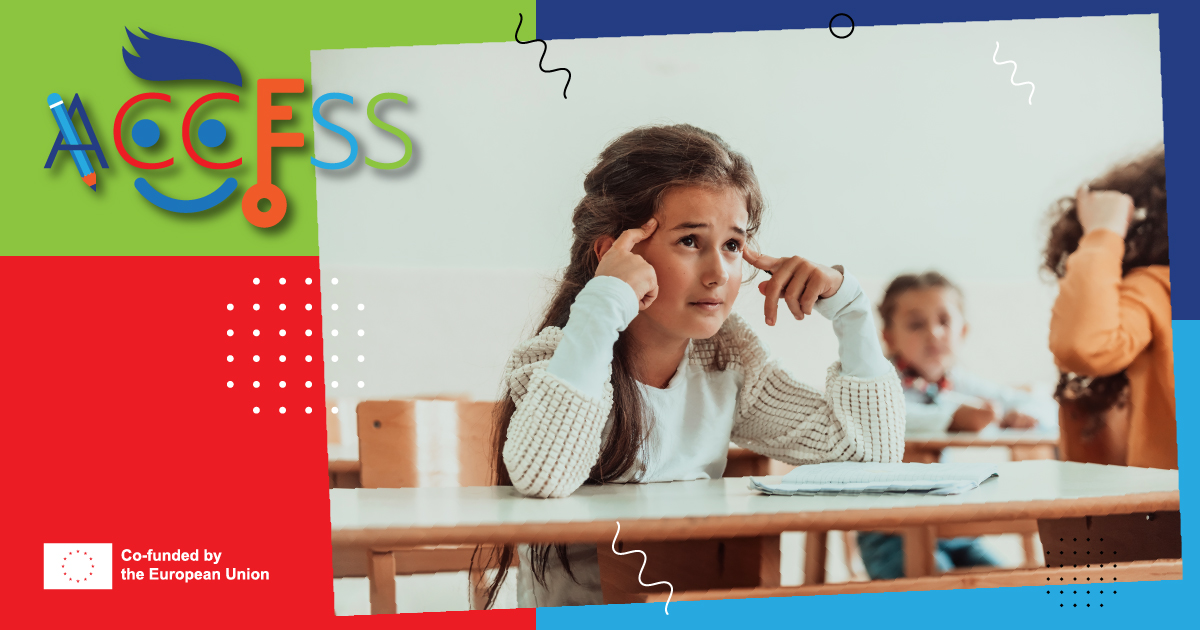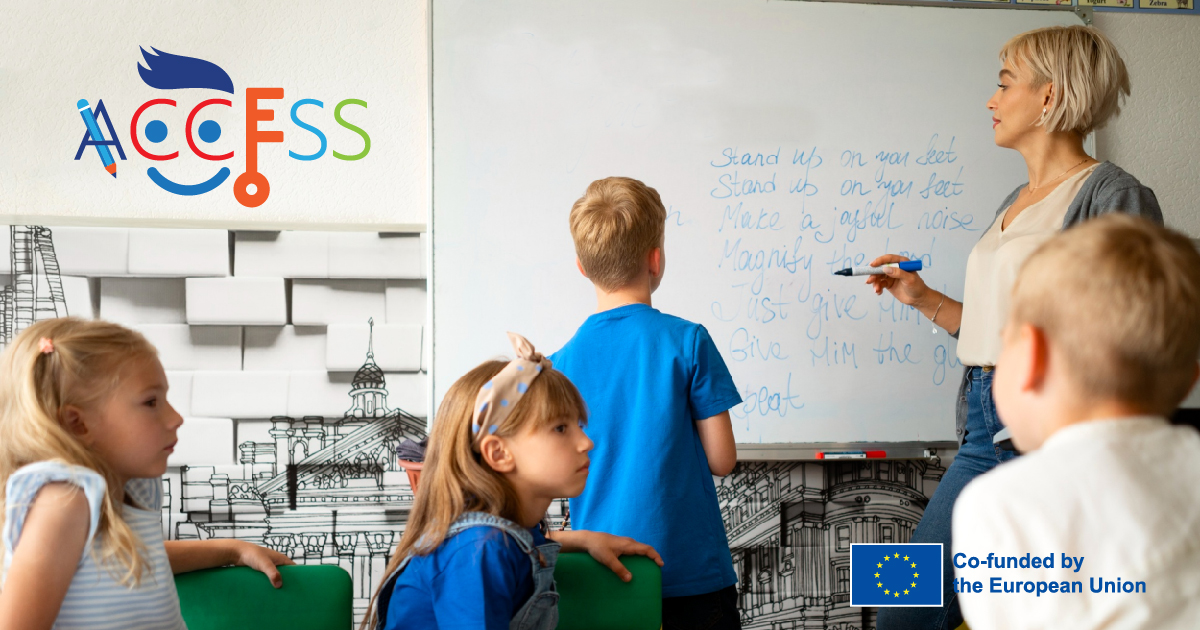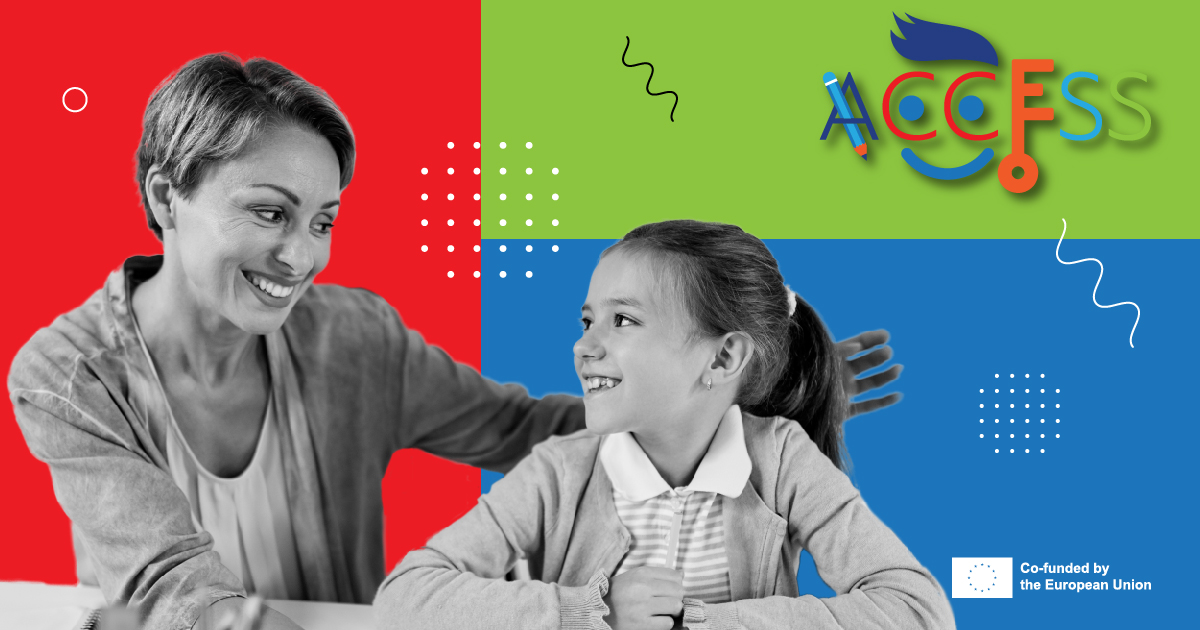Lithuania has taken significant steps toward building a more inclusive education system. For years, certain educational institutions have embraced inclusive practices, but a major milestone was reached in September 2024, when a legal amendment to the Law on Education came into force. This law now requires that all schools and kindergartens admit children with special educational needs (SEN) if, in consultation with specialists, parents choose general education as the most suitable path.
Currently, 90% of children with SEN in Lithuania attend general education schools, learning alongside their peers. These students make up roughly 15% of the total mainstream student population. Schools are supported by regional and national consultation centers that assist with individualized teaching strategies, learning environment adaptations, and other educational interventions based on each child’s unique needs. Flexible learning options, such as extended or shortened education periods and modular curricula, further enhance accessibility.
However, despite this policy shift, gaps still exist in the early identification and intervention of learning difficulties (LDs)—especially within mainstream schools where specialized support personnel are often lacking. This is where Project ACCESS plays a transformative role.
Project ACCESS: Filling the Gaps in Mainstream Education
Project ACCESS addresses one of the most critical challenges in inclusive education: the early detection and intervention of learning difficulties within regular classroom settings. While Lithuania’s legal framework now ensures access for SEN students, the practical ability of schools and teachers to meet those needs remains limited. ACCESS was developed to bridge this divide by providing tools, training, and support to both educators and families.
Empowering Teachers in the Classroom
One of the core goals of Project ACCESS is to empower primary school teachers, who are often the first to notice emerging signs of learning difficulties. Through specialized training programs and practical educational materials, the project enhances teachers’ capacity to identify, support, and manage LDs in the classroom—without requiring referral to special schools or external professionals. This helps reduce dependency on specialist staff and fosters more inclusive mainstream education practices.
Engaging Parents as Partners
Project ACCESS also emphasizes the vital role of parents in recognizing and addressing their children’s learning needs. By providing parents with informative guides, communication strategies, and practical tools, the project encourages collaboration between families and educators. This student-teacher-family triad is central to the project’s holistic approach, ensuring that support is consistent and responsive across home and school environments.
A Holistic, Strength-Based Approach
Rather than focusing solely on deficits, Project ACCESS promotes a strength-based model—helping children succeed by building on what they do well, while offering strategies to compensate for challenges. Tailored resources and adaptive learning strategies allow for personalized interventions that improve not only academic performance, but also students’ confidence and engagement in learning.
Moving Forward: Bridging Policy and Practice
Lithuania’s commitment to inclusion is evident in its policy landscape, yet the full realization of inclusive education requires systemic support, capacity-building, and cross-sector collaboration. Project ACCESS complements national goals by:
- Strengthening early detection and classroom-based interventions for LDs.
- Empowering teachers to be first-line responders to learning challenges.
- Fostering parent-teacher partnerships in support of student success.
- Offering practical, accessible tools to mainstream schools.
- Promoting a student-centered, strengths-based educational approach.
As Lithuania continues to advance its inclusive education agenda, initiatives like Project ACCESS serve as crucial catalysts—ensuring that inclusion is not just a legal requirement, but a lived reality for every child.
